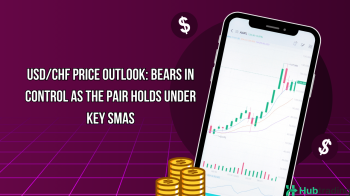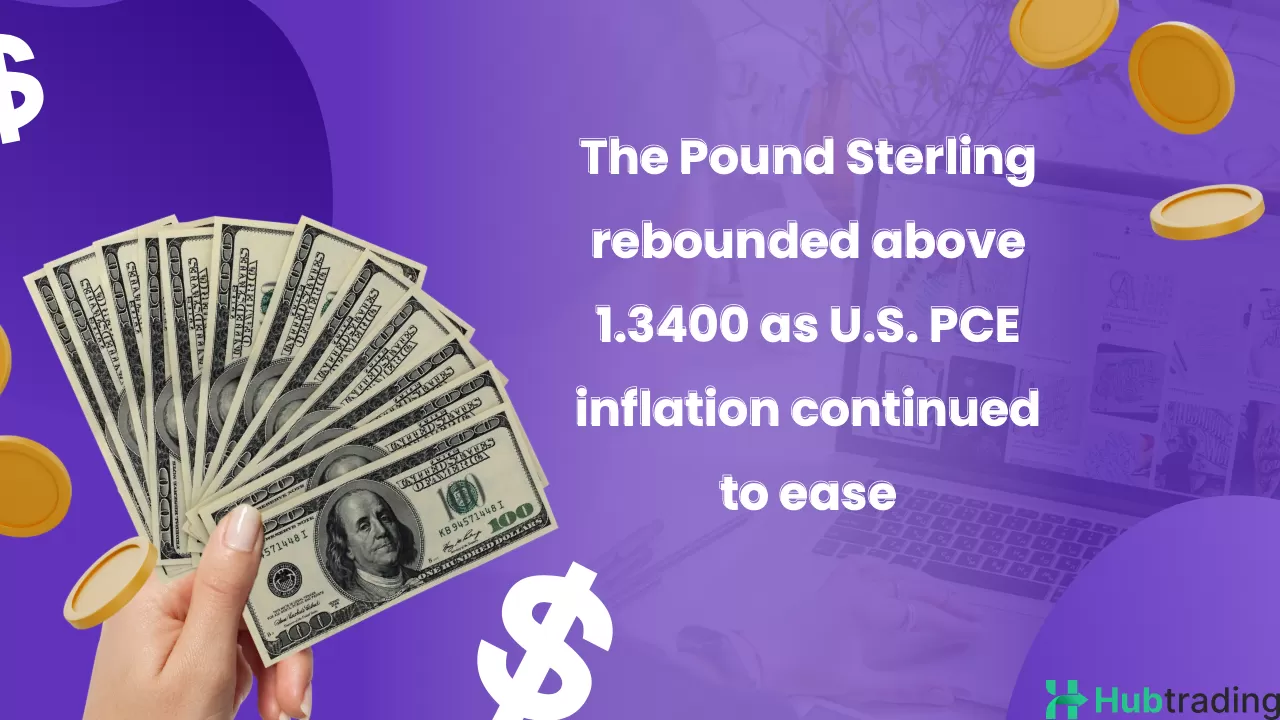-
USD/JPY slips to around 147.70 as the Japanese Yen strengthens.
-
Japanese Prime Minister Ishiba loses control of the upper house in Sunday’s election.
-
The US Dollar pulls back even as traders scale back expectations for a dovish Fed.
The USD/JPY pair surrenders its early gains and dips toward 147.70 during Monday’s European session, pressured by broad-based Japanese Yen (JPY) strength following the country’s parliamentary election results. Trading volumes are lighter than usual, with Japanese markets closed in observance of Marine Day.
As anticipated, Japan’s ruling coalition, led by Prime Minister Shigeru Ishiba, failed to secure the 50-seat threshold needed for a majority in the upper house. Although Ishiba has stated he intends to remain in office, political uncertainty is likely to persist, as his party now lacks control in both chambers of the Diet—having lost the lower house majority back in October.
Adding to the complexity, unresolved trade tensions between the United States and Japan continue to cloud sentiment. US President Donald Trump has already imposed 25% tariffs on Japanese imports, though Tokyo remains hopeful of reaching a deal before the tariff deadline, potentially limiting further downside for the Yen.
On the US side, the Dollar is undergoing a modest correction after its recent rally, which was driven by global trade tensions—particularly between the US and the European Union. The US Dollar Index (DXY), which gauges the Greenback’s performance against a basket of six major currencies, has eased back to around 98.15 after nearing a four-week high near 99.00.
Meanwhile, traders have slightly scaled back expectations for a dovish Federal Reserve ahead of the September policy meeting. The adjustment follows June’s CPI data, which showed rising prices for imported goods in the US, a sign that inflationary pressures may remain elevated due to ongoing tariffs.





